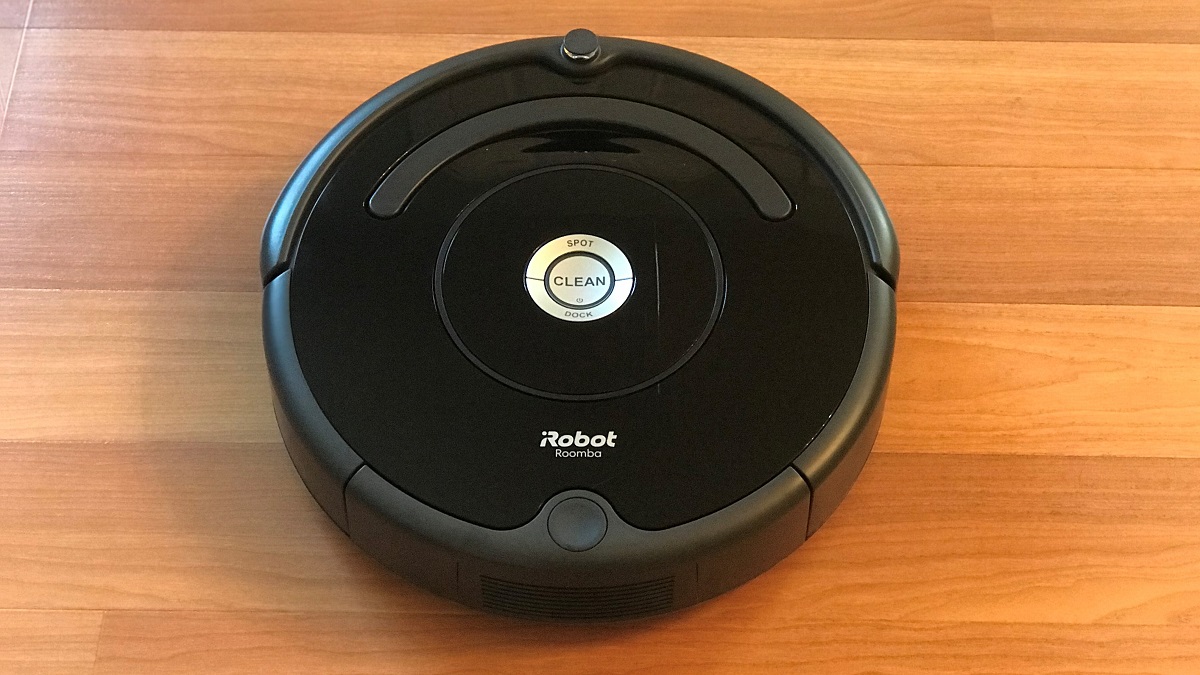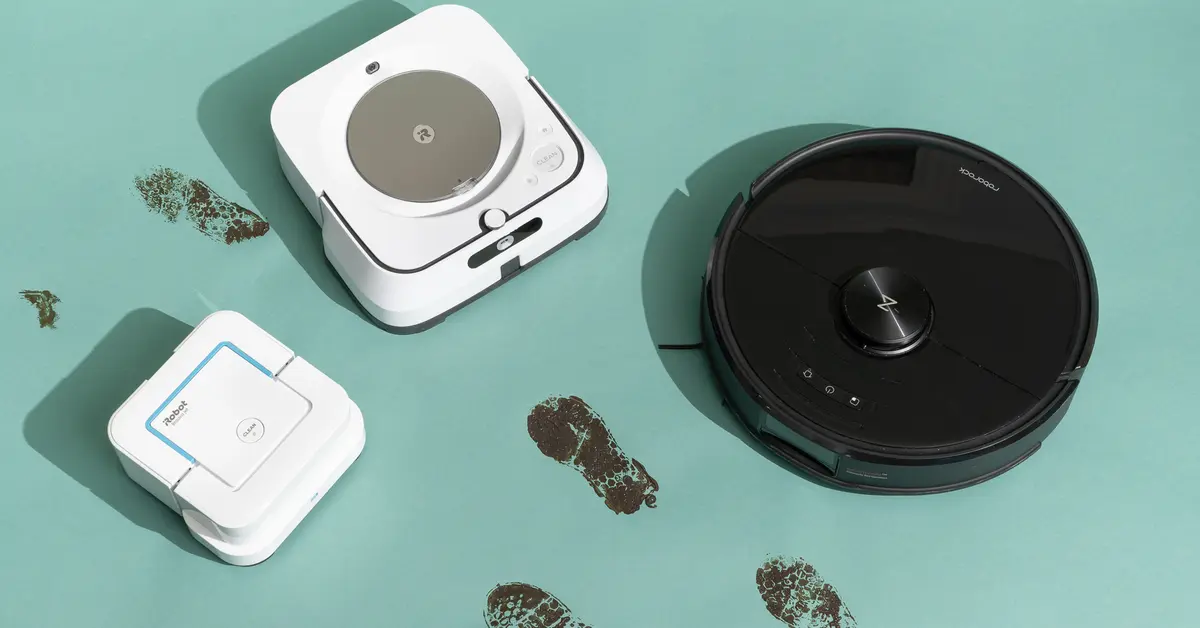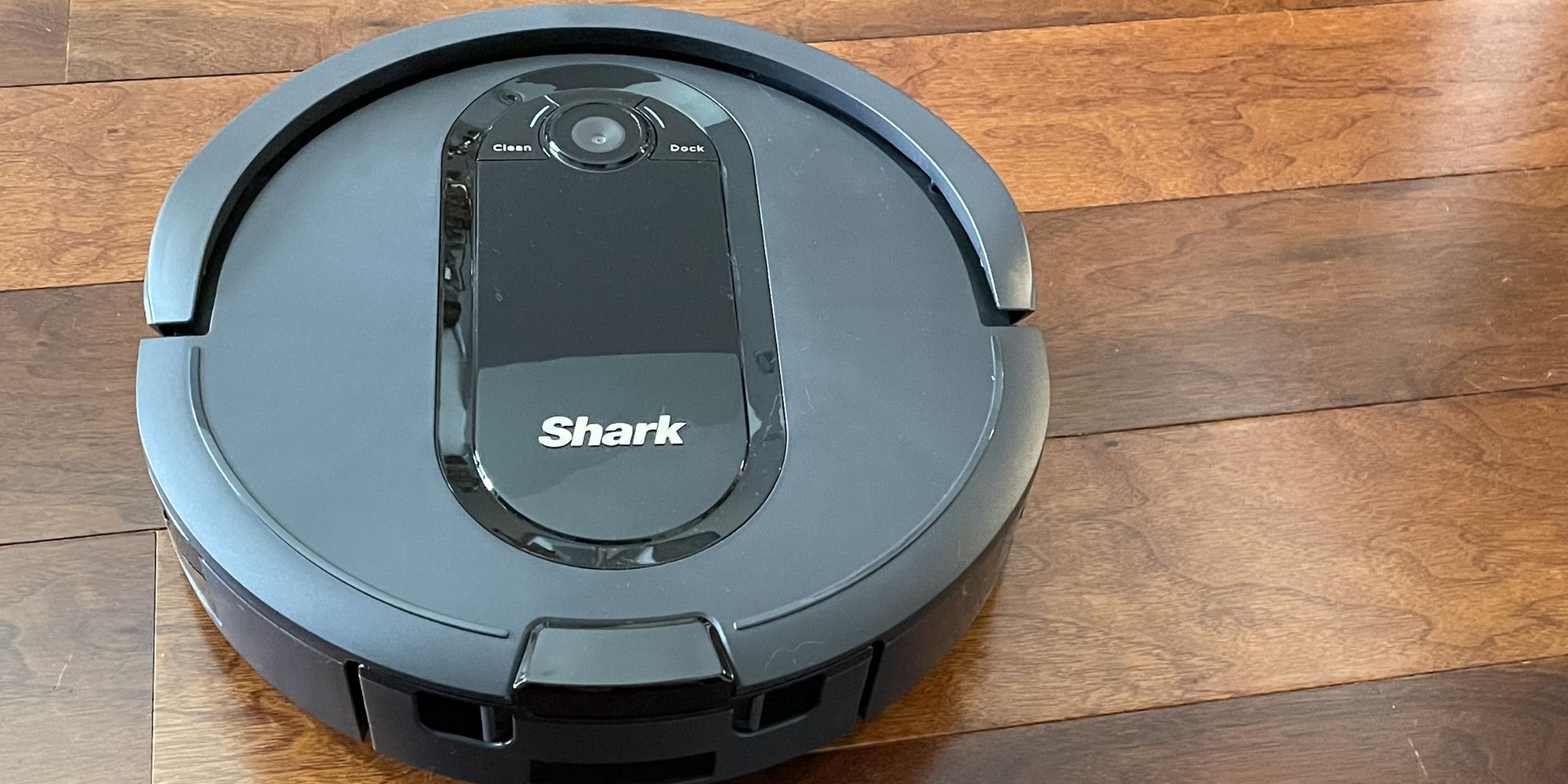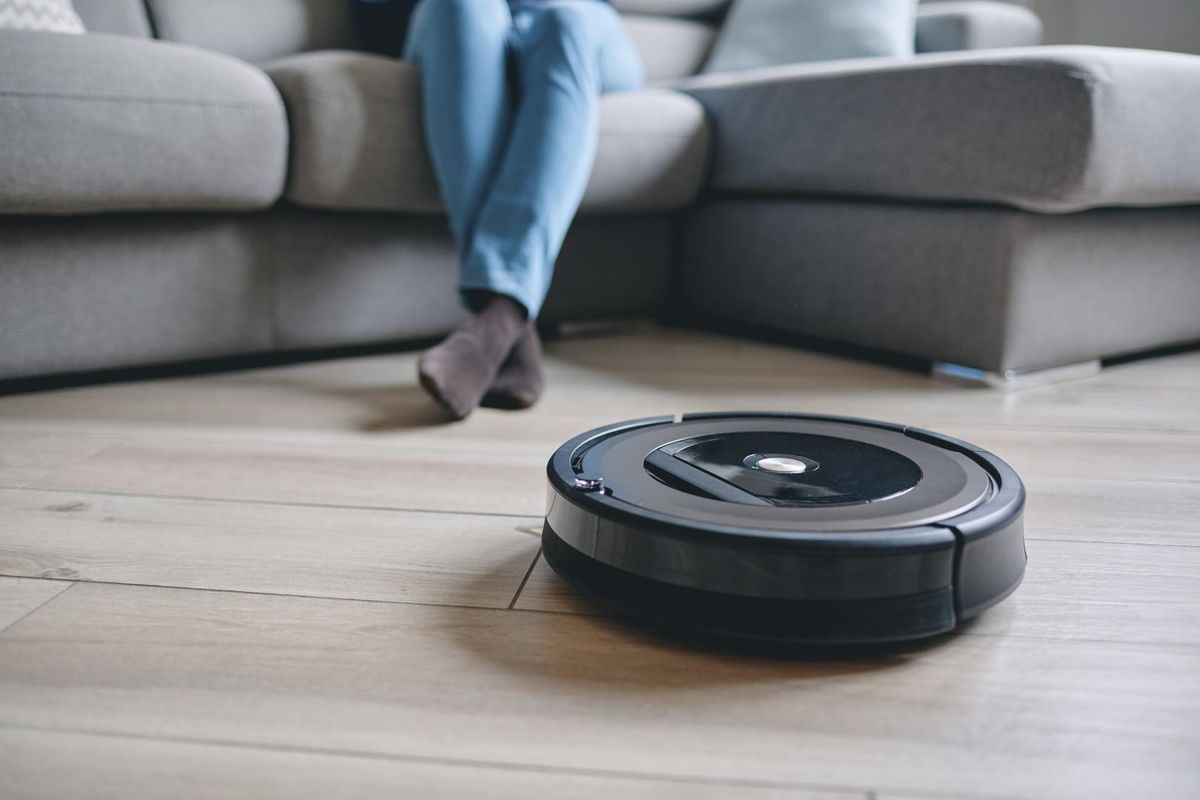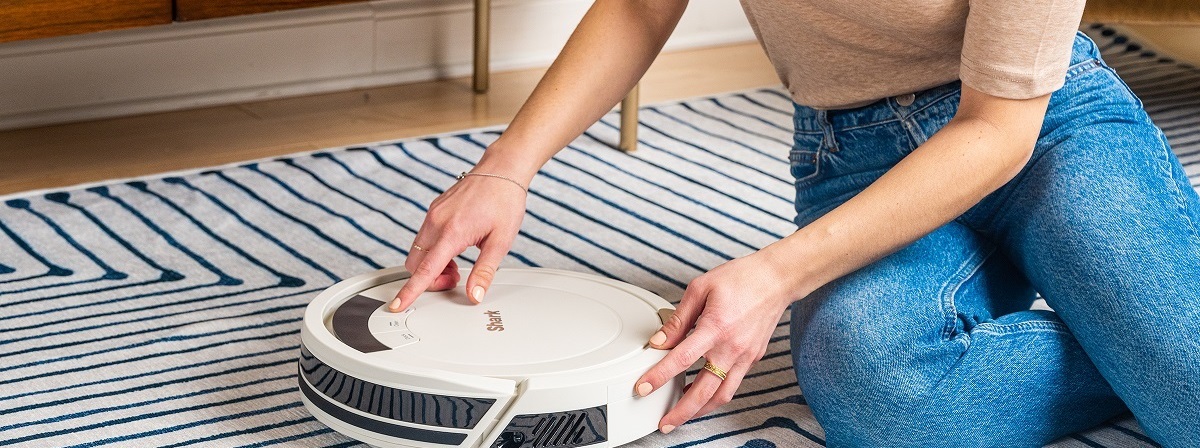Matic, a startup founded by ex-Google research scientist Navneet Dalal, has developed a robot vacuum that aims to navigate homes and clean in a way that resembles human behavior. The company recently announced that it has raised $29.5 million in funding, with a Series A round of $24 million led by prominent tech figures such as Nat Friedman, John and Patrick Collison, Adam D’Angelo, and Jack Dorsey.
Key Takeaway
Matic’s robot vacuum offers on-device mapping capabilities, ensuring privacy and reducing latency by avoiding data transmission to the cloud. The vacuum uses an array of cameras and AI to navigate spaces with high precision. The company has raised $29.5 million in funding, with a Series A round led by prominent tech figures.
Dalal, together with co-founder Mehul Nariyawala, started Matic in 2017 after noticing a lack of 3D maps for precise indoor navigation. They believed that indoor robots require on-device mapping capabilities to address privacy and latency while adapting to constantly-changing environments. Matic’s vacuum uses an array of cameras and AI to map and navigate spaces with high precision.
Initially, Matic focused on building robot vacuums not to compete with established players like iRobot, but because they needed a means to thoroughly map indoor spaces. The market for floor-cleaning robots was also seen as ripe for innovation following Amazon’s $1.7 billion purchase of iRobot, which demonstrated the perceived value of indoor map data.
The Matic vacuum, still not available for purchase, aims to continuously self-improve by automatically adjusting cleaning methods based on different floor types and stains. It can switch between vacuuming and mopping and “remember” routes it has taken. The robot can operate offline, only requiring a smartphone for setup and control over a local Wi-Fi network.
While some advanced robot vacuums rely on lasers or lidar for simultaneous localization and mapping, Matic claims it can achieve accurate navigation with cameras alone. Dalal states that the company has vertically integrated and hyper-optimized its entire codebase, enabling the delivery of an affordable robot that solves real problems with full autonomy.
Although Matic’s vacuum comes with a higher price tag compared to competitors, starting at $1,795, the company offers benefits such as a year’s supply of HEPA bags and consumables refills, as well as a complimentary membership through the end of the year. Matic’s founders are confident in the product’s potential for success and are already planning the development of additional robotics products in the future.
However, the home robotics market is not without risks, with notable startups like Neato and Mayfield Robotics facing challenges and setbacks. Matic aims to stay lean with a modest team of around 60 people, but the success of the company’s ambitious goals will ultimately be determined by market reception and customer satisfaction.










